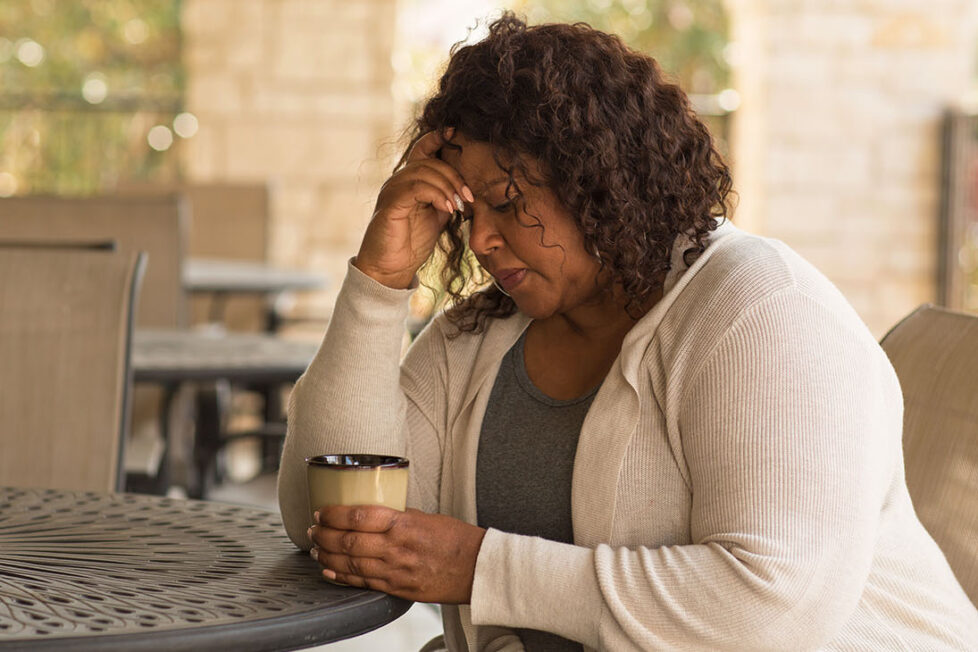America is getting fatter: Confronting the nation’s obesity crisis


By: Nathaniel J. Greene, Community and Culture Reporter
Let’s face it, America is getting fatter, but it doesn’t have to be that way. As obesity rates continue to climb, a recent panel of experts convened to discuss not only the statistics but also the societal pressures and biases that contribute to the nation’s expanding waistline. The conversation explored the intersection of obesity with social stigma, the influence of media, and the evolving perceptions of body image.
Dr. Susie Orbach, a psychoanalytic psychotherapist and author of “Fat is a Feminist Issue,” opened the discussion with a look back at the origins of body image issues in modern culture.
“We investigated everything, the health system, the police system, but nobody had begun to look at the body,” Dr. Orbach remarked, emphasizing the societal pressures to conform to increasingly unrealistic body standards.
She stressed the importance of understanding how visual culture compels individuals to diminish their size, linking it directly to the struggles faced by women in taking up physical and metaphorical space in society.
Jasmyne Cannick added a personal and cultural perspective to the dialogue.
“In my day-to-day life I do a lot of work, but I do this work as a Black woman who has been overweight,” Cannick shared, highlighting how race and culture intersect with perceptions of weight and health, further complicating the public discourse on obesity.
Dr. Gary Goldfield, a senior scientist at the CHEO Research Institute, focused on the role of social media in shaping youth perceptions of body image. He pointed out the addictive nature of social platforms, comparing their compulsive draw to that of high-calorie foods.
“Our research is showing that the drive to use social media is stronger than the drive to eat palatable food, which is scary,” Dr. Goldfield explained.
The experts agreed that addressing America’s obesity crisis goes beyond diet and exercise, requiring a comprehensive understanding of the psychological, cultural, and systemic factors at play. As the nation grapples with these issues, the conversation highlighted the need for a more compassionate and inclusive approach to discussing and tackling obesity, one that challenges stigmas and promotes a healthier, more accepting view of diverse body types.
